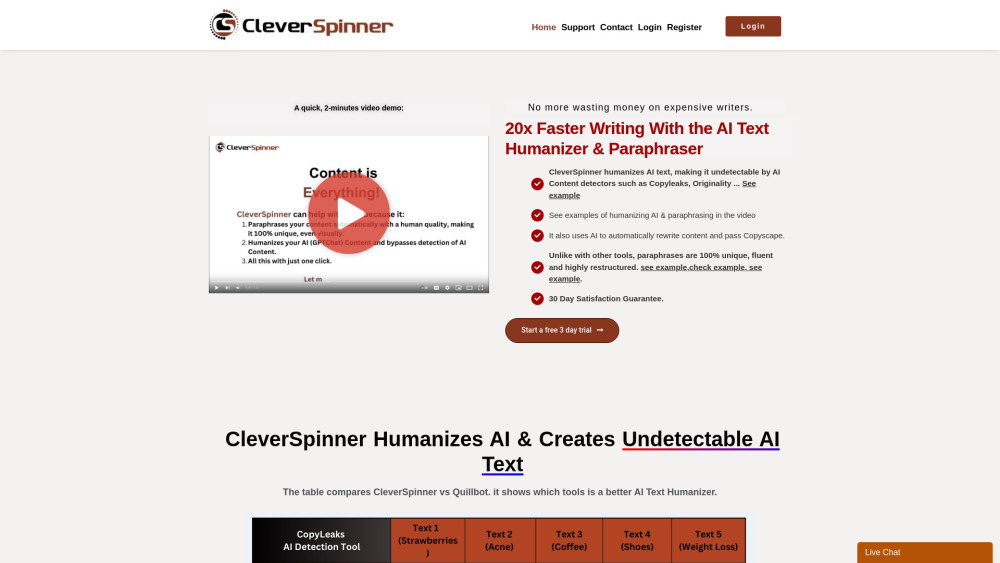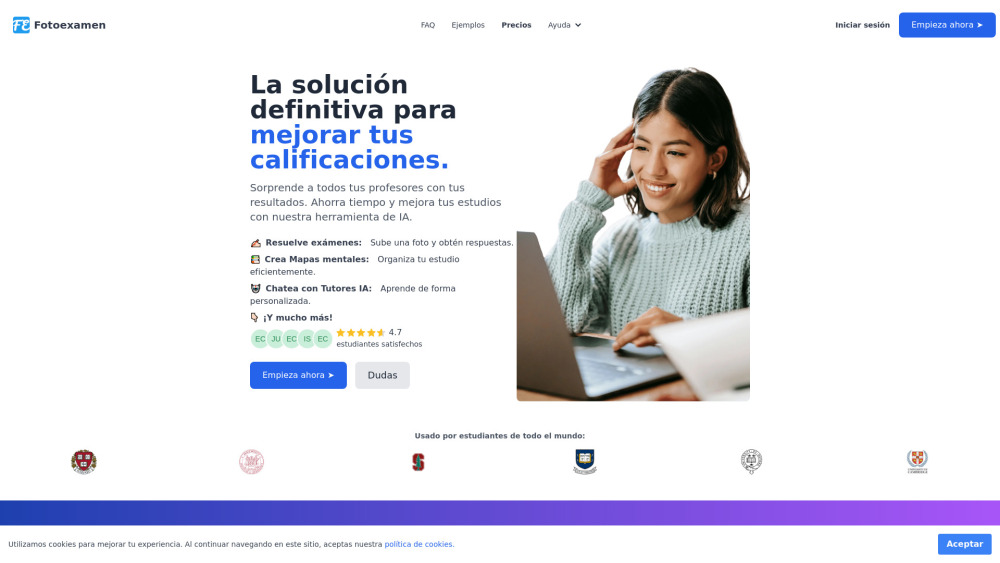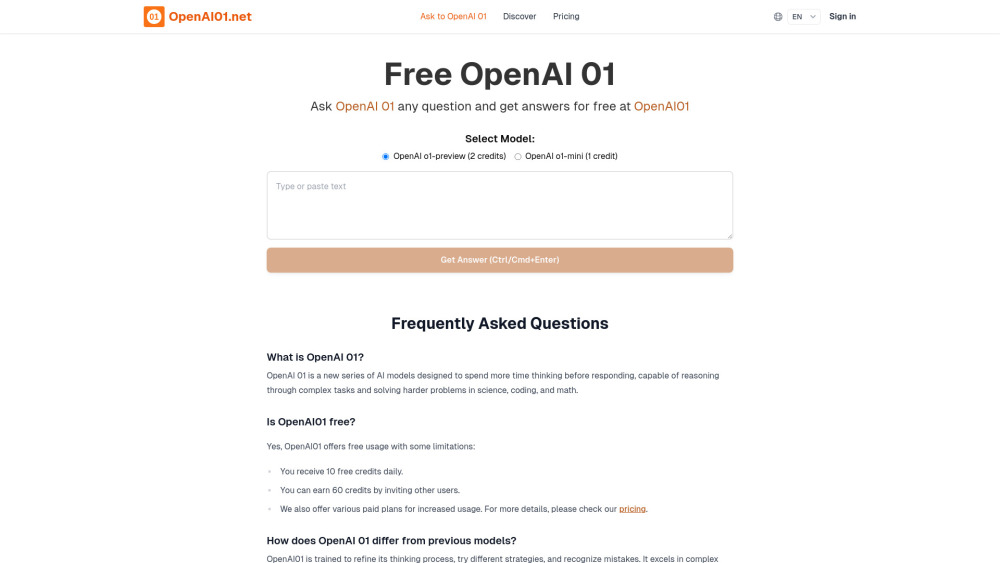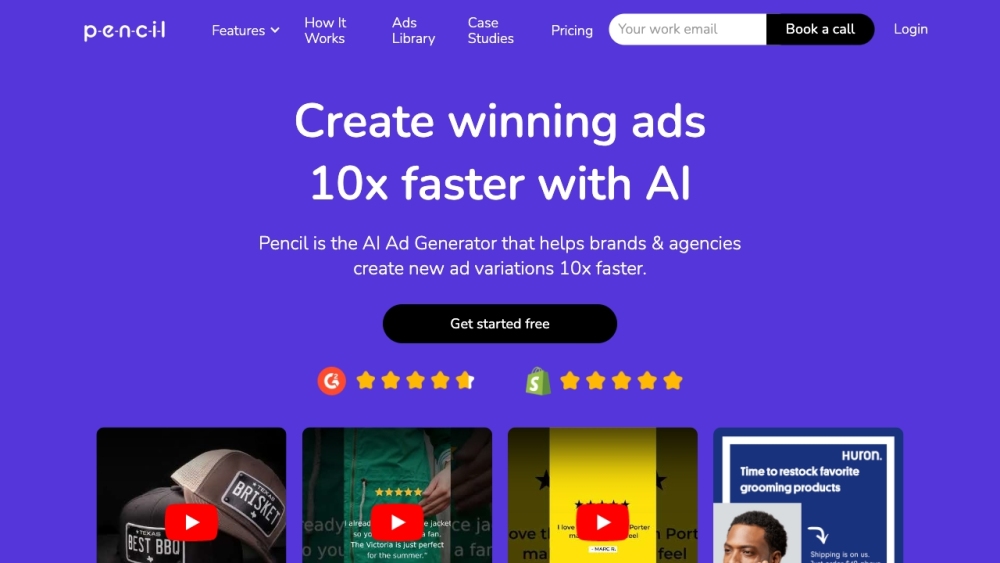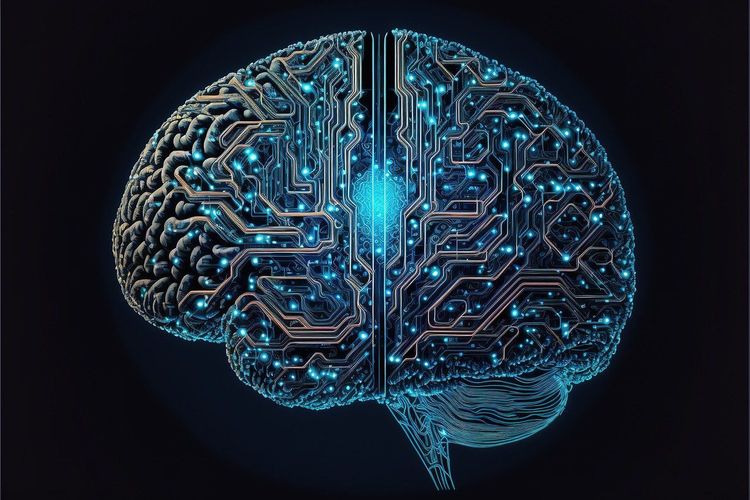GitHub is familiar with AI in development, but until now, accessing and experimenting with new generative AI models has been a challenge for developers. That’s changing today with the launch of GitHub Models.
GitHub Models aims to simplify the process for enterprise developers to explore and build applications with generative AI. As a pioneer in the AI space with GitHub Copilot, which offers code completion and suggestions, GitHub is expanding its offerings. While Copilot operates on a carefully curated single model, GitHub Models provides direct access to a wide array of AI models, including Meta’s Llama 3.1, OpenAI’s GPT-4o, Mistral Large 2, AI21’s Jamba-Instruct, Microsoft Phi-3, and models from Cohere.
The goal is to empower developers to experiment with and integrate generative AI models into their applications, moving beyond simple code assistance.
“Every application created in the coming months and years will likely incorporate intelligence,” said Mario Rodriguez, Senior Vice-President of Product at GitHub. “Having an application powered by intelligence is essential now.”
Reducing AI Integration Challenges
A primary objective of GitHub Models is to eliminate the hurdles developers face when experimenting with AI. Previously, developers had to navigate multiple sites and create several accounts to access different models. GitHub aims to streamline this process by allowing users to explore and utilize various generative AI models seamlessly, all within their existing GitHub identity.
“We wanted to make it incredibly simple. AI isn’t a trend; it’s here to stay,” Rodriguez emphasized. “To foster growth in this market, we must eliminate friction entirely.”
A Pathway to Enterprise AI Deployment
GitHub Models not only facilitates experimentation but also provides a clear pathway from development to production deployment of AI-powered applications, connecting users to Microsoft Azure, GitHub’s parent company.
Users can begin by testing AI models in the GitHub Models playground to evaluate their performance. Once satisfied, they can transition to a GitHub Codespace or VS Code environment and utilize an Azure SDK to obtain necessary tokens and API keys for accessing Azure services.
Overcoming Enterprise AI Challenges Through Experimentation
Navigating the journey to enterprise AI deployment also involves addressing key challenges. Rodriguez highlighted three significant issues: latency, response quality, and costs. GitHub Models aims to support developers in overcoming these obstacles by providing a dedicated environment for testing and comparison.
While industry benchmarks for various generative AI models offer some insight, Rodriguez emphasized the importance of both offline and online evaluations to make informed decisions.
In conclusion, GitHub Models is set to enhance the developer experience by providing accessible AI tools and a seamless pathway for integrating generative AI into real-world applications.
